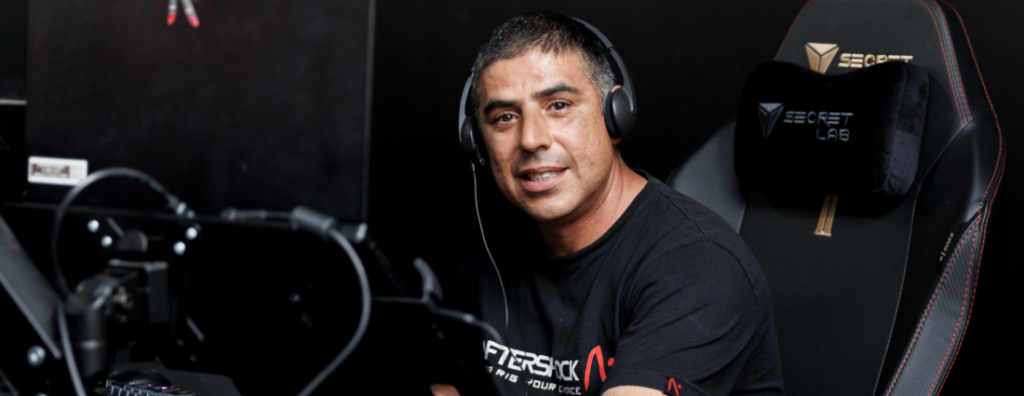Neurodiversity refers to the diverse range of neurological differences that exist among individuals, including conditions such as autism spectrum disorder, ADHD, or dyspraxia.
While the concept of neurodiversity was introduced to reinforce the idea that neurological differences are natural variations of the human brain, individuals who are neurodiverse often face unique challenges in the workplace.
In this article, we will explore some of the common challenges that neurodiverse individuals encounter and discuss strategies to create a more inclusive and supportive work environment.
1. Misunderstanding and Stigma
One of the primary challenges neurodiverse individuals face is the lack of understanding and the perpetuation of stigmas surrounding their condition. Neurodivergent individuals may exhibit behaviors or communication styles that differ from the neurotypical majority, leading to misconceptions and biases.
Colleagues and supervisors may struggle to comprehend the strengths and unique perspectives that neurodiverse individuals bring to the table, and expect the pace of their work to meet normative stereotypes.
To address this challenge, organisations should prioritise education and awareness programs.
Directives that promote understanding and celebrate neurodiversity spearheaded by leadership of an organisation can help create a more inclusive workplace culture.
2. Communication and Social Interactions
Social interactions and communication can be particularly challenging for neurodiverse individuals. Difficulty in interpreting non-verbal cues, maintaining eye contact, or navigating ‘office politics’ may lead to misunderstandings and isolation. The traditional emphasis on social or networking skills in the workplace may unintentionally disadvantage neurodivergent employees.
Employers can foster inclusivity by implementing clear communication guidelines and providing alternative communication channels. Encouraging collaboration in different forms – such as chat, digital whiteboarding or mind-mapping – and understanding different communication styles can help bridge the gap between neurodivergent individuals and their colleagues.
3. Sensory Sensitivities
Many neurodiverse individuals experience sensory sensitivities that can be triggered by aspects of the workplace environment, such as bright lighting, too much talking, or crowded spaces. These sensitivities can lead to discomfort, stress, and decreased productivity.
Creating a sensory-friendly workplace involves making simple adjustments, such as providing quiet spaces, adjustable lighting, or noise-cancelling headphones. Allowing employees to work shorter or more flexible hours also accommodates for differing needs and routines.
4. Executive Functioning Challenges
Individuals with neurodiverse conditions often face challenges related to executive functions, such as organisation, time management, and task prioritisation. Meeting deadlines, adhering to schedules, and multitasking may present difficulties for some individuals.
Implementing flexible work arrangements, offering organisational tools, and providing clear expectations with the broader team can help neurodiverse employees navigate executive functioning challenges more effectively. Additionally, fostering a supportive work culture that has an awareness of differing needs can create a more inclusive environment.
5. Limited Access to Opportunities
Neurodiverse individuals may encounter barriers when seeking employment or career advancement. Biases in recruitment processes, limited awareness of neurodiversity in the workplace, and a lack of awareness during interviews can contribute to underrepresentation.
Organisations committed to diversity and inclusion should actively seek to eliminate biases in the recruitment and promotion process. Creating mentorship programs and providing professional development opportunities can also contribute to a more equitable distribution of opportunities for neurodivergent individuals.
Promoting neurodiversity in the workplace is not just good for individuals – it is also essential for fostering creativity, innovation, and a truly inclusive organisational culture.
By addressing the challenges faced by neurodiverse individuals head-on, organisations can create environments that celebrate differences and empower all employees to thrive. Through education, awareness, and thoughtful accommodations, we can build workplaces that embrace all working styles and harness the unique strengths of every individual.
It’s not just good for business, it’s better for the community and society.
Learn more about Uniting’s Disability Employment Services.






